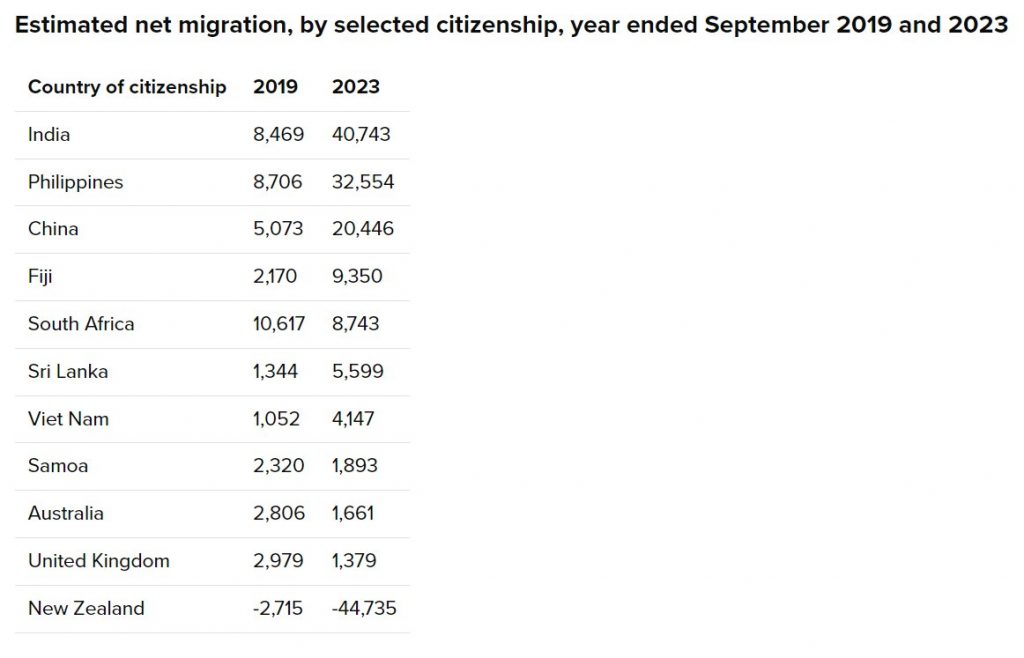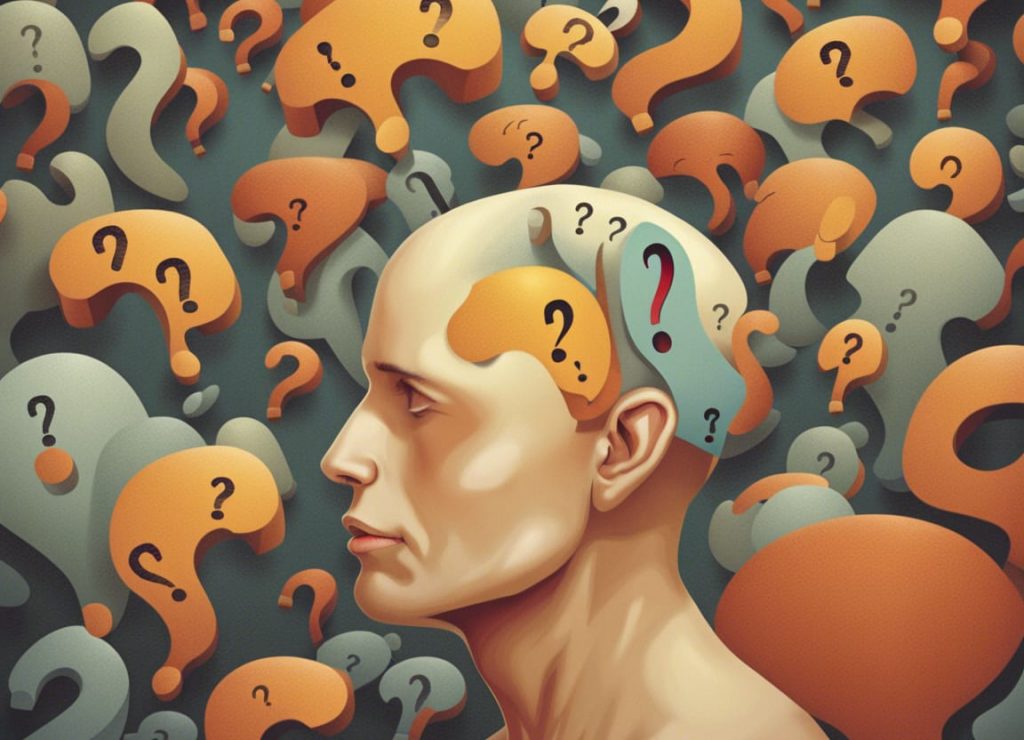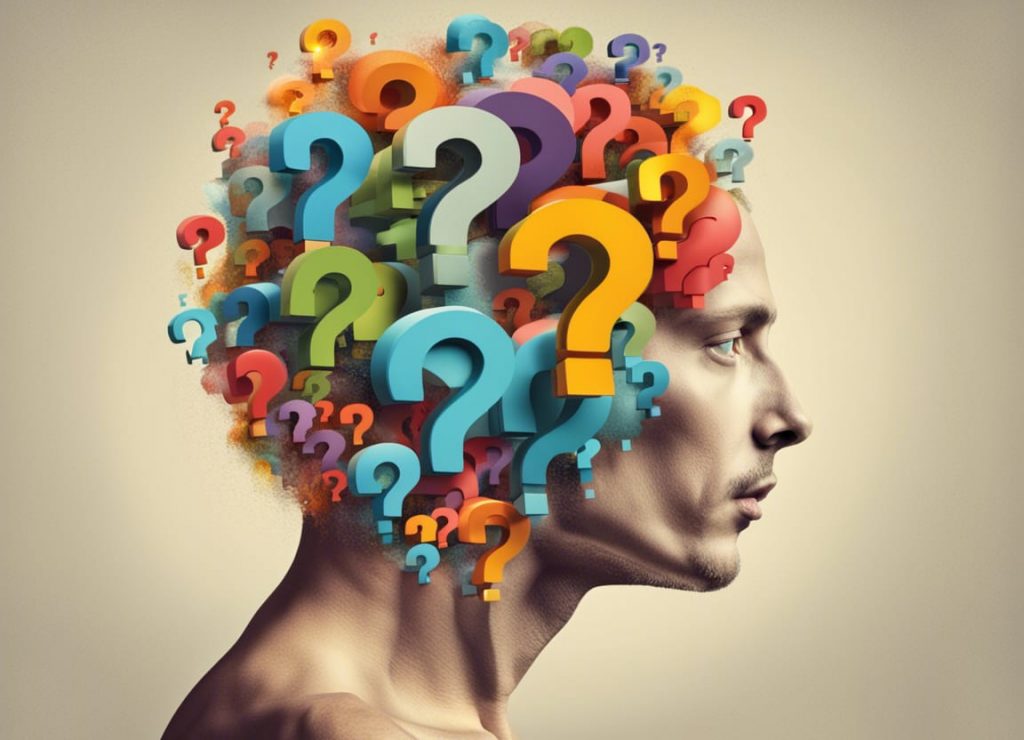
The cannabis referendum in 2020 may have failed (even if non-Chinese voters voted in favour of it), but it was close enough that no-one has really complained about the liberal medicinal cannabis regime that the Sixth Labour Government introduced.
It’s now very, very easy to get hold of a medicinal cannabis prescription. There are now numerous outfits that will give you a prescription after a teleconsultation. Some of these might demand that you go through a multi-stage process of first trying CBD oil, then THC oil, before you can first get a prescription for THC flowers. But it’s not a difficult process.
Despite this ease, cannabis is not fully accepted in New Zealand. Decades of Drug War programming has brainwashed hordes of idiots into thinking that cannabis fries brains, causes violence and sexual assaults, and is a gateway to criminality. The truth about cannabis doesn’t matter. The perceptions are what lead to the opposition.
In almost every case where cannabis has become legal (excepting Thailand and a few other places) it only became so after a long struggle. The masses have been brainwashed for so many decades to see cannabis as something evil that changing mass perception is something that can only happen slowly.
Millions of conversations must be had before widespread acceptance of cannabis can exist. This must consist of millions of people hearing from multiple other people each how cannabis helped them, whether medicinally, recreationally or spiritually. And then millions of slow realisations that the government lied about it.
Not only must cannasceptics hear the arguments for cannabis law reform, they must hear them from people they respect if they are to change their opinions.
Whether people accept it or not, human society is status-based. This is how we have evolved for hundreds of thousands of years: in tribes where the higher your status, the higher your chance of surviving and reproducing. Status-seeking and status-judging are as hard-wired into us as sleeping.
Thus, people are more likely to become accepting of something if they see high-status people engaging in it. Status can be hard to judge, but most people realise that polite, happy, pro-social people are higher status than bitter, angry and resentful people.
This essay is an encouragement to all the new legal cannabis users to consider themselves ambassadors of weed.
Many people will not have met a medicinal cannabis user before. So if you can create a polite, happy, pro-social impression on such people, it will normalise in the public consciousness the idea that cannabis users are good people. Let’s not forget, most people who voted no in the cannabis referendum did so because they hated cannabis users.
Some political ambassadors end up representing civilisation among the savages. If you are a cannabis user, this is essentially what you are, among all the pissheads, screen zombies and painkiller addicts. So don’t forget it! Act like you are surrounded by ferals, because you are. Modern drug culture, with its belief in the harmlessness of alcohol and the absolute harm of everything else, is a mass psychosis.
This essay, then, is an encouragement for those with medicinal cannabis prescriptions to act as if they were early traders with cannibal tribes. Try not to shock the natives of Boozelandia too much. They’re superstitious and poorly educated. Try to act in a friendly and understanding manner.
This especially relates to doctors and other medical staff.
If you get a prescription for e.g. Tilray 10:10 oil, such that you are directed to take 1mg every day from a 40mg bottle, then take 1mg every day. Don’t drink half the bottle on the first day and then start hassling the doctor for refills. Holding to the prescribed dose will convince people that it’s possible to use cannabis responsibly without ending up like Trainspotting.
None of this is to say that anyone should use less cannabis or not enjoy it.
Modern Rockefeller medicine has been slow to realise it, but one of the main psychiatric benefits of cannabis is precisely that it gets you high. Being high is the opposite of being low, and being low for too long (so that you get stuck there) is commonly known as depression. Therefore, cannabis is a cure for depression.
I have personally found that cannabis can stop dead all manner of suicidal and/or homicidal ideation, and this is primarily achieved by making you feel good when you would otherwise have felt bad. This sounds straightforward to most people, but it’s still a shock to those who believe that people need to suffer for various reasons of character building/anti-degeneracy/religion/sadism.
Anyone who implies that cannabis is bad because it makes people happy is the sort of authoritarian who ought to be kept far from any decision-making. So, please, enjoy it to the max. As with so many other things, an intelligent balance is necessary.
If New Zealand is ever to step fully into the 21st Century and legalise cannabis, it will first require acceptance of cannabis users by the herd. This will require ambassadors of weed to create that acceptance through positive interactions.
*
For more of VJM’s ideas, see his work on other platforms!
For even more of VJM’s ideas, buy one of his books!
*
If you enjoyed reading this essay/article, you can get a compilation of the Best VJMP Essays and Articles from 2021 from Amazon as a Kindle ebook or paperback. Compilations of the Best VJMP Essays and Articles of 2020, the Best VJMP Essays and Articles of 2019, the Best VJMP Essays and Articles of 2018 and the Best VJMP Essays and Articles of 2017 are also available.
*
If you would like to support our work in other ways, subscribe to our SubscribeStar fund, or make a donation to our Paypal! Even better, buy any one of our books!





